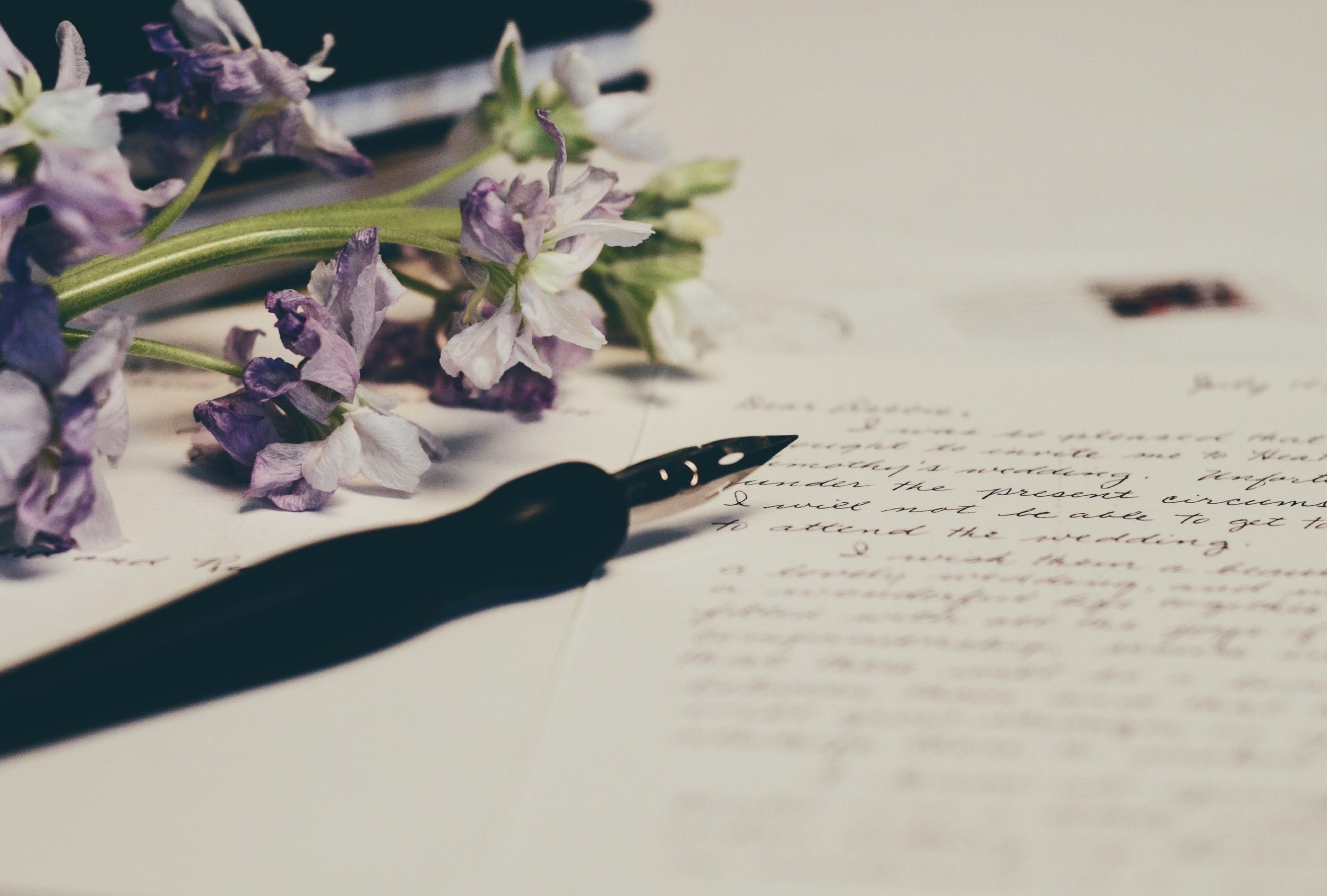In partnership with The Boston Globe and our Unsent Love Letters campaign, I'm offering my premier course Rekindling Desire for $50 off. Learn more by clicking here.
The Importance of Letter Writing
by Esther Perel

Letters are a treasured part of my life. Collaborating with the Boston Globe on the Unsent Love Letters project has been an exciting opportunity to celebrate the richness of this lost art. I am moved by the stories that you have graciously shared with us. Each letter, a ticket into the inner world of the author, inviting us to access hidden parts of ourselves. I've been an active letter writer for most of my life. I like writing, and I love receiving letters. It confirms that I exist in the mind and memories of others.
I have boxes of letters that have traveled with me from Belgium to New York, and all my homes in-between. These notes serve as markers of different important moments in my life. They are authored by my husband, sons, family members, friends, past lovers, and strangers who reach out to share their stories.
The process of writing allows us to speak to parts of ourselves that can be hard to access — lost parts, exiled parts, or invasive parts. Letters create space for our unique inner voice, and give us a place to internal conversations.
In therapy too, I often coach clients to write letters to the important people in their lives, whether they decide to send them or not.
These letters help them sort through and express difficult feelings and experiences. Some are a gesture of gratitude. Others, a long-overdue apology. And others yet, an attempt to clarify, establish boundaries, and be heard. Sometimes, they aren't meant to be delivered. Love notes range from lustful narratives to longings for "the one that got away" to flat out detailed revenge fantasies.
If you're thinking about writing a letter, write no less than two drafts.
The first draft is limitless and personal. The goal is twofold. First, you want to get your raw emotions and feelings on the page. Find your voice, feel free to break the rules of grammar, and write a stream of consciousness. The second goal of the first draft is to organize your thinking. As you write you'll find yourself reasoning through how you feel. It's OK to write both sides of an internal conflict, or even to directly contradict yourself.
The second draft (or third, or fourth...) is for sending. Be mindful of your audience and your reasons for writing as you structure your final message. It's OK not to send a letter. Sometimes they're just for you. However, they often spark conversations and connections that would not otherwise be possible.
Letter writing is one tool I suggest to help express and process your feelings and desires. But there are many more. If you’re looking to better understand your connection to sex and intimacy, or if you’re looking to better communicate your wants and needs to your partner(s), I invite you to join my online workshop, Rekindling Desire. As a reader of Love Letters Unsent, you’ll receive $50 off.
Happy writing, and thank you so much for being a part of the Unsent Love Letters project!
